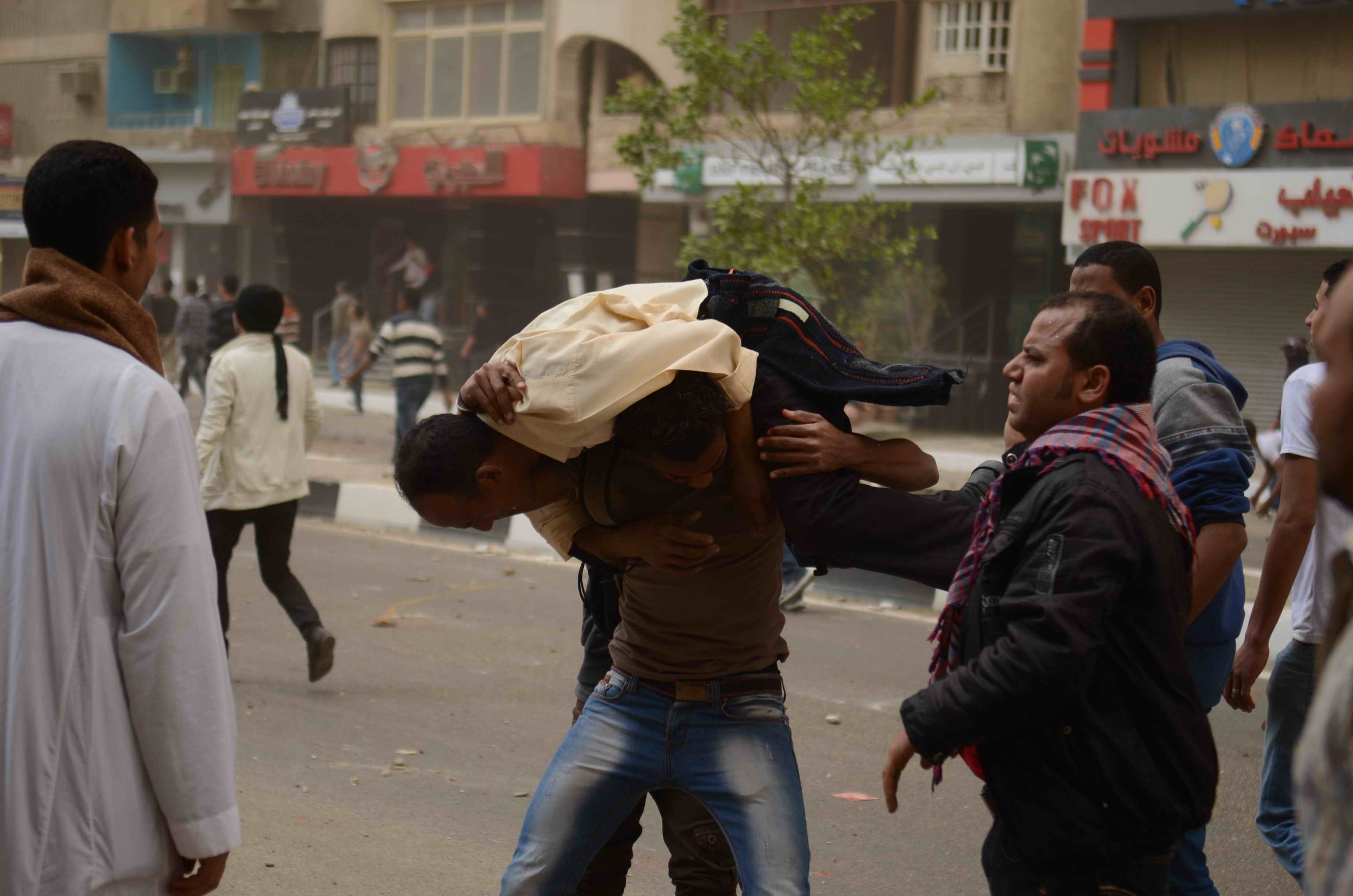A day after the release of UK government’s negative review about the Muslim Brotherhood (MB) group, Egypt welcomed the report and said it is “an important and serious step forward for the UK towards combating and curtailing extremist”.
Praised by the Egyptian government on Friday, the long-delayed report highlighted a “highly ambiguous relationship” between the group and violent extremism.
British Prime Minister David Cameron described the group as “deliberately opaque, and habitually secretive”. He also added that during the research findings released that violence were carried out by supporters of the group which is now outlawed in Egypt by a court verdict.
“Both as an ideology and as a network, it has been a rite of passage for some individuals and groups who have gone on to engage in violence and terrorism,” Cameron said in a statement Thursday. “Individuals closely associated with the MB in the UK have supported suicide bombing and other attacks in Israel by Hamas.”
Cameron also said “membership of, association with, or influence by the Muslim Brotherhood should be considered as a possible indicator of extremism” and he vowed to “refuse visas to members and associates of the Muslim Brotherhood”.
Spokesperson of the Foreign Ministry Ahmed Abu Zaid said in statements Friday that the report “indicates the British government’s intention to take measures to monitor the Brotherhood’s sources of financing within the framework of the British national Counter-Extremism Strategy”.
London’s decision was also praised in Egypt’s state media; Al-Ahram daily newspaper stated “the Brotherhood is now under the mercy of Britain after confirming its relation with extremism”.
The MB refused Cameron’s allegations and said that there are ” based on no credible evidence”.
“The Brotherhood represents a huge social and intellectual segment of the Muslim world and cannot be accused of extremism,” the MB said in a statement. “If Britain views peaceful demonstrations and activities against the military coup, against the extrajudicial killing of civilians, detention, and enforced disappearances as extreme, then surely British judgment is flawed.”



